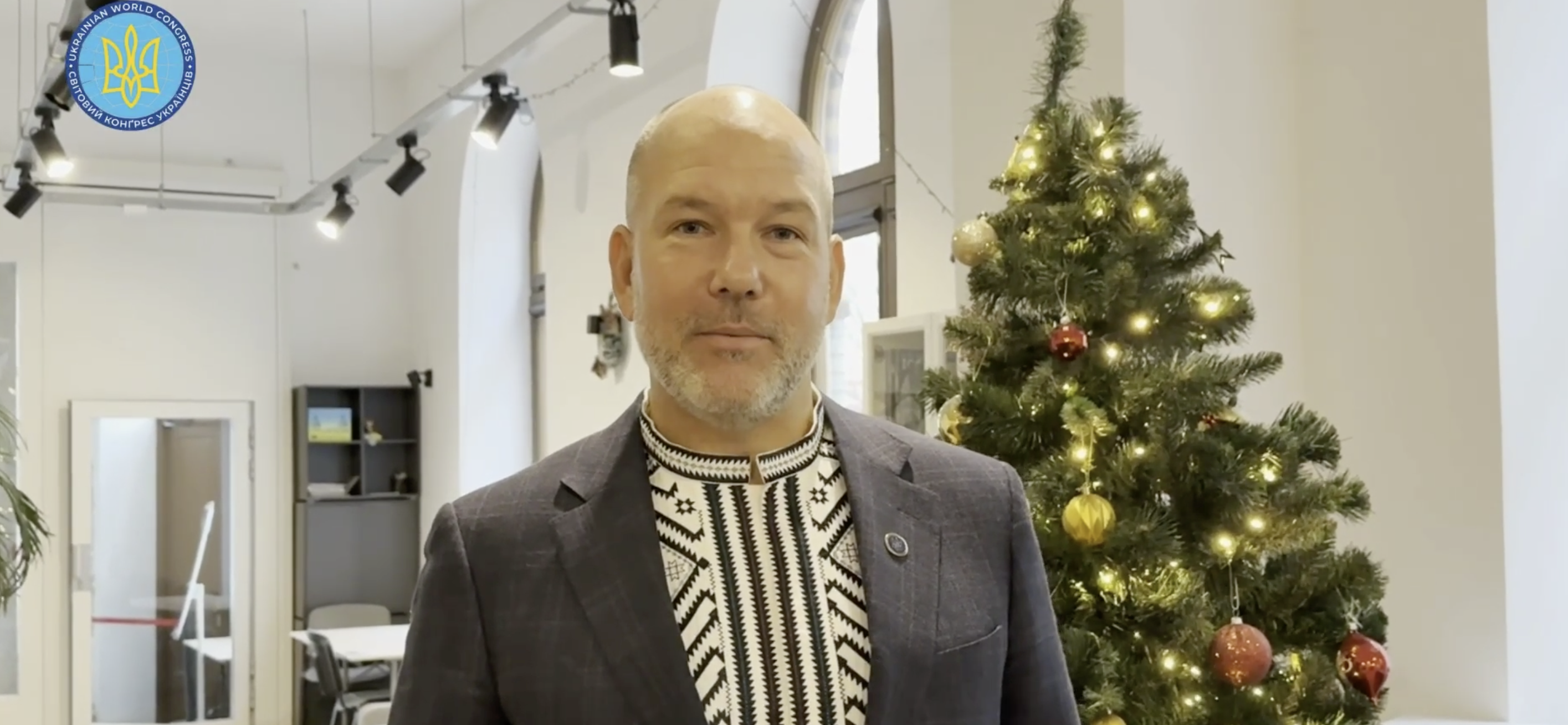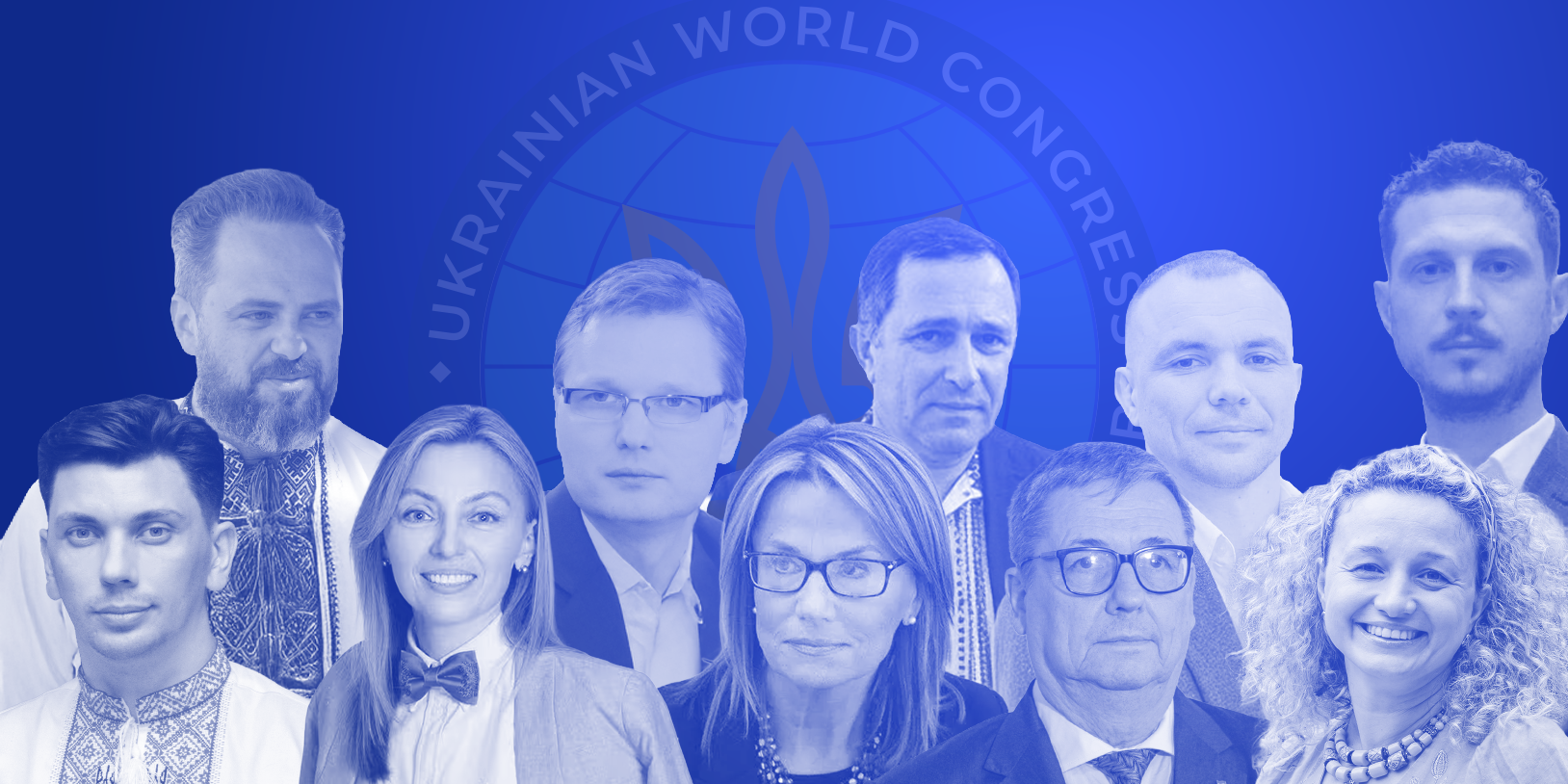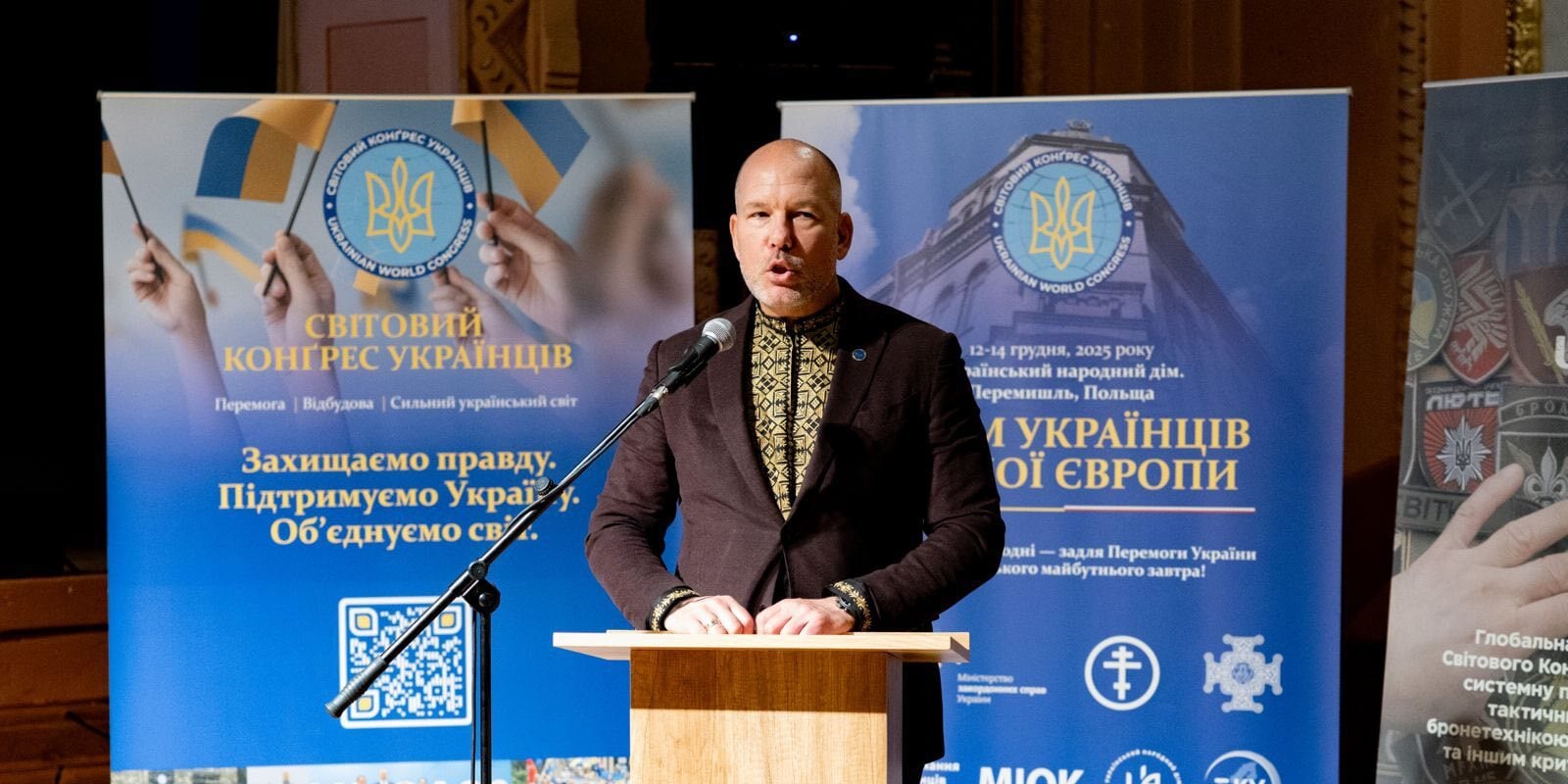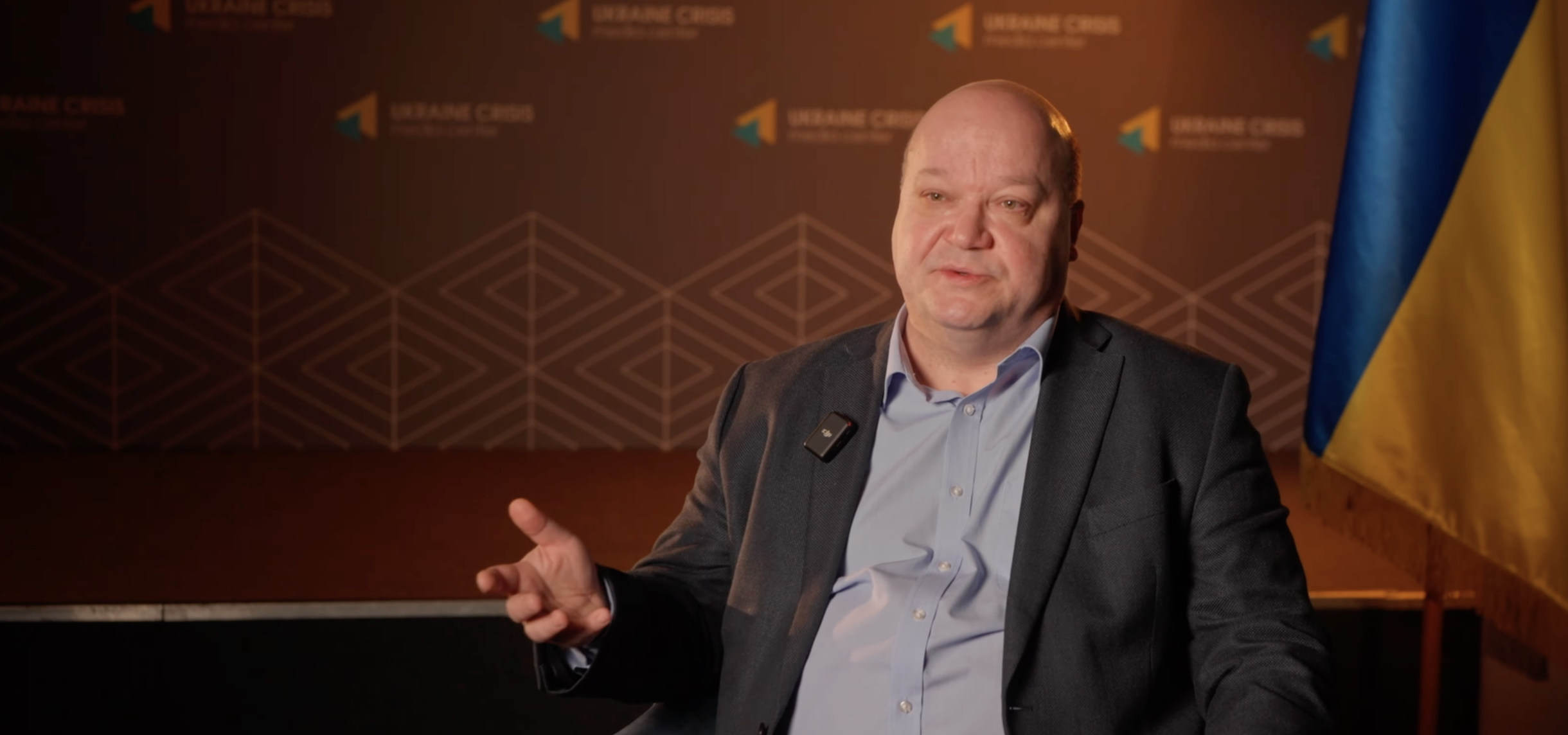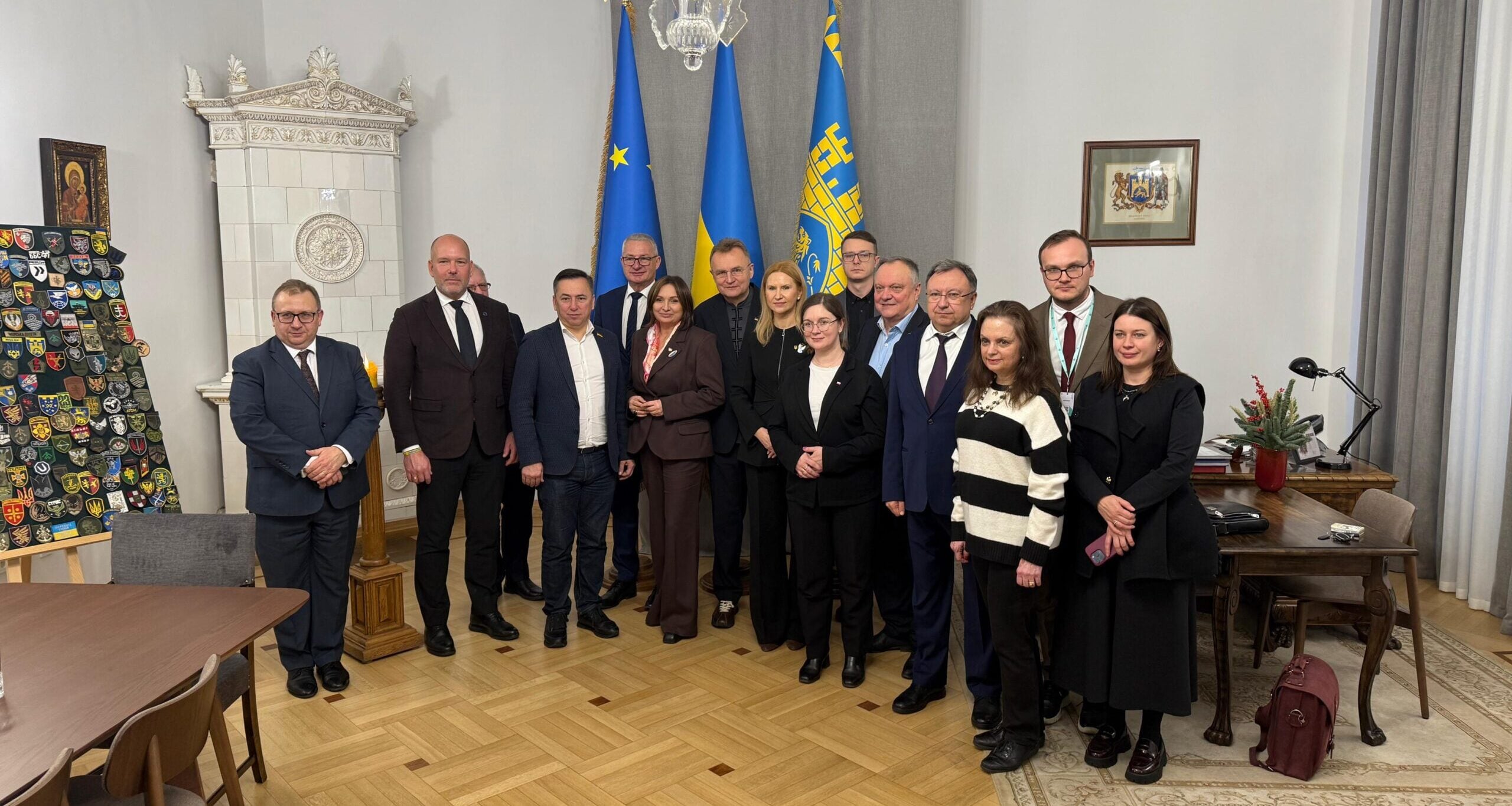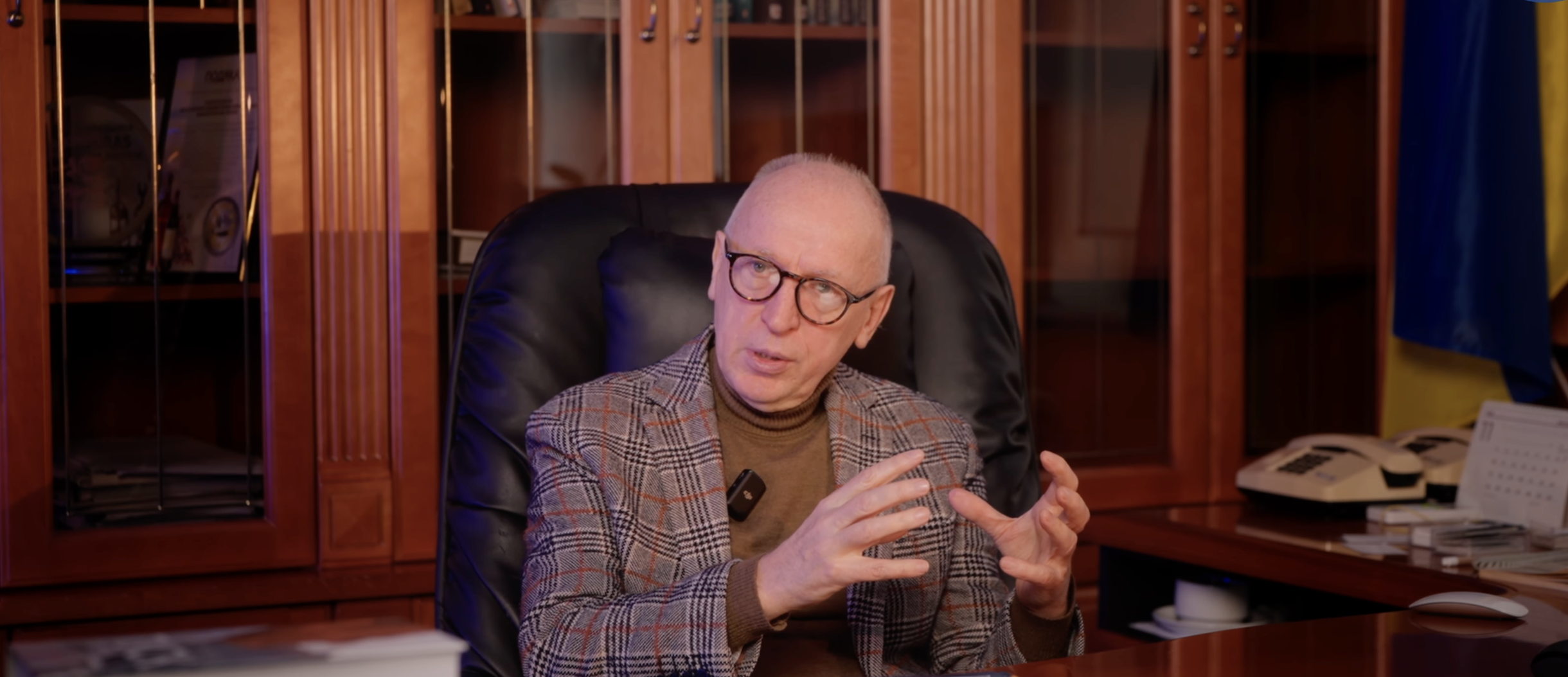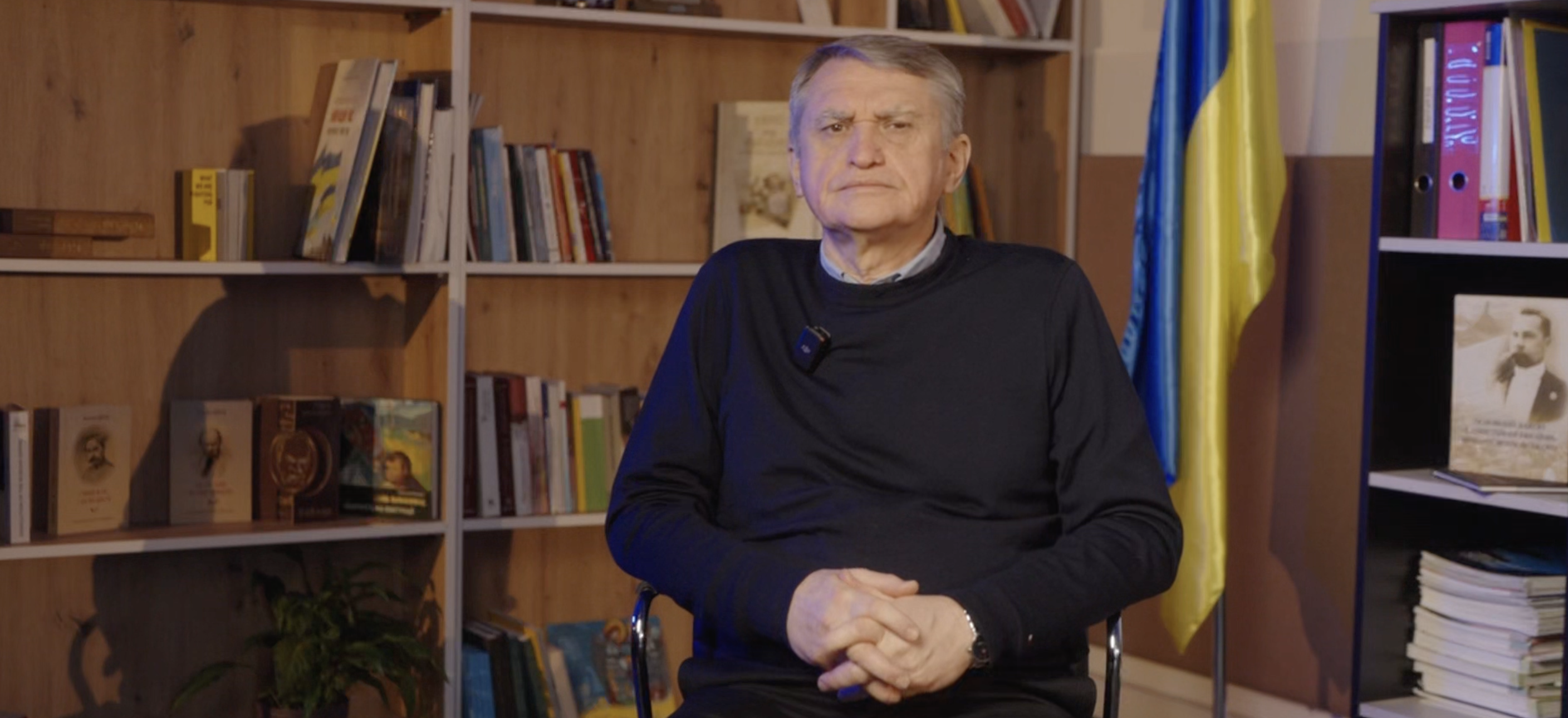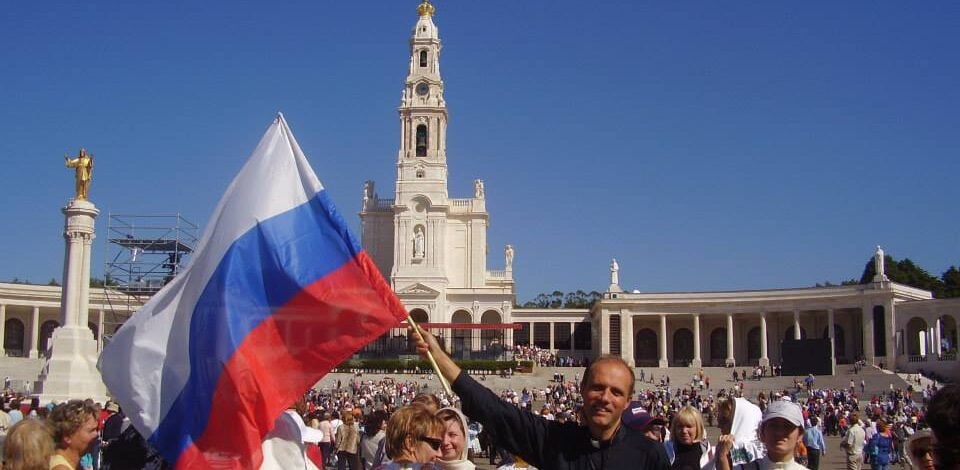
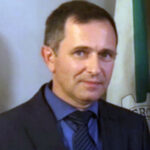
by Pavlo Sadokha, UWC Vice-President and President of the Union of Ukrainians in Portugal (UUP)
Portugal, a country deeply rooted in Catholic traditions, is home to one of the world’s most famous pilgrimage centers – Fatima.
It was there, in 1917, that the Virgin Mary appeared to three shepherd children, according to legend, warning of future trials for humanity, including the threat of the Russian Empire. For years, this prophecy was believed to refer to the Bolshevik revolution of 1917 and the spread of communism globally. However, as we now see, the threat has proven to be far more enduring and widespread.
The Russian Orthodox Church (ROC) made its way to Portugal during the interwar period of the 20th century. The so-called “Denikin Church” – a part of the ROC that emerged during the Civil War and later operated abroad after the defeat of Anton Denikin’s forces – established a church in Fatima. This church was dedicated to the Kazan Icon of the Mother of God. The church’s founders sought to distance themselves from Soviet Russia, interpreting the prophecy of the Mother of God as a call to preserve the lives of Russians.
Over time, the church obtained the Kazan Icon, which had been stolen by the Nazis during World War II. In 2004, at the initiative of the ROC, the icon was ceremoniously returned to Moscow. Russia proposed that the transfer be marked by the participation of both the Russian Patriarch and the Pope, as a gesture of reconciliation. Since then, dialogue between the Vatican and Moscow has continued uninterrupted.
Fatima, the prophecy, and the story of the icon have become another link for Russia, maintaining its connection with the Catholic world and attempting to influence it through propaganda.
“Ukrainian Greek Catholics are to blame for everything”
The first signs of Russian propaganda appeared in 2008 when the Patriarchate of Lisbon organized a peaceful march for religious migrants. Ukrainians participated, but an Orthodox priest from the Moscow Patriarchate, Sokolov, who is now based in Budapest, declared that we could not carry “Nazi flags,” referring to Ukraine’s blue and yellow banner. I immediately filed a complaint with the Patriarchate but received no response, which was deeply disappointing.
Apart from this 2008 incident, the Ukrainian community in Portugal generally refrained from interfering in the cooperation between the ROC and the Catholic Church, believing it was their right to interact. However, the situation changed after the Revolution of Dignity in 2014.
In 2016, Bishop Ilarion, a prominent figure in the Ukrainian Orthodox Church of the Moscow Patriarchate (UOC MP), arrived in Portugal. His goal was to expand ROC parishes not only in Portugal but also in Catholic countries such as Brazil and several African nations where the Catholic Church holds significant influence.
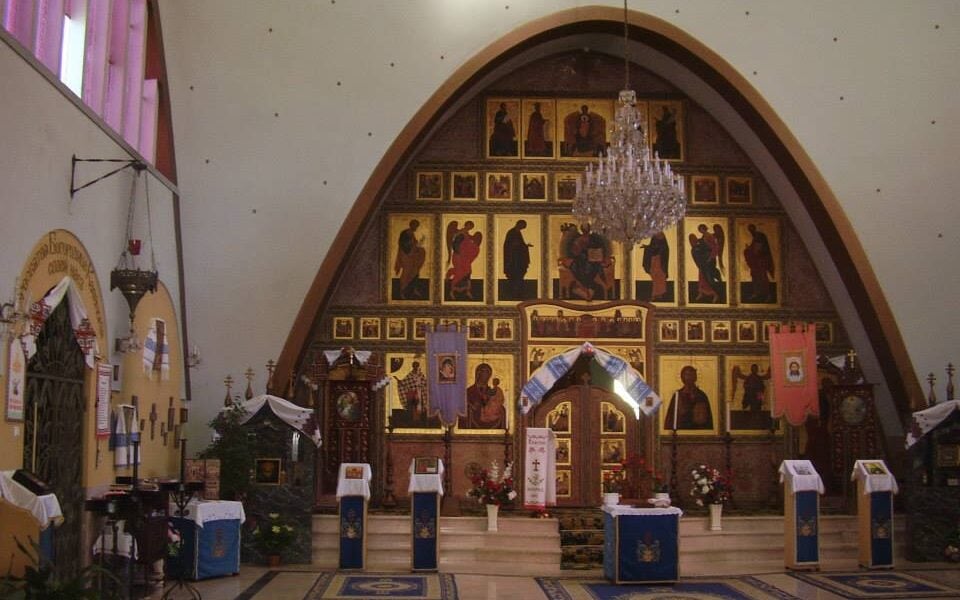 Russian Catholic Church of the Assumption of the Blessed Virgin Mary in Fatima, Portugal
Russian Catholic Church of the Assumption of the Blessed Virgin Mary in Fatima, Portugal
During an interview on the Catholic radio station “Renascença,” Ilarion claimed that the war in Ukraine was supposedly “the fault of the Ukrainian Greek Catholics.” This statement outraged the Ukrainian community. We responded with a rebuttal and ensured that Ukrainian Greek Catholic priests had the opportunity to present their position and correct the misinformation on the same program.
Since then, the community has actively protested outside the ROC building in Lisbon, arguing that the Russian Church is more of a political sect supporting Putin’s policies than a religious institution.
Through our observations of the ROC in Portugal, we have noted an increase in the number of its parishes, despite no significant influx of Russian migrants. Instead, we have seen an influx of Ukrainian migrants.
The ROC has actively supported Russian propaganda on social media and participated in events such as the “Immortal Regiment.” We have repeatedly appealed to the Bishops’ Conference of Portugal – the organization that unites Catholic bishops in Portugal, coordinates church activities, and represents its interests both nationally and internationally – urging them to address the ROC’s role in spreading anti-Ukrainian propaganda.
However, securing any prohibitions proved difficult, as the UOC MP had not yet been recognized as a Russian-affiliated organization in Ukraine at the time.
Russian propaganda also targeted the Ukrainian community, accusing us of Nazism. For instance, they twisted the fact that I once worked as an assistant to Ukrainian MP Yurii Syrotiuk from the Svoboda party, despite not being a member of it. Such distortions were used to discredit us and our work.
To this day, Moscow Patriarchate bishops continue to visit Portugal and engage with Ukrainian refugees, offering free schools and childcare. We strongly urge Ukrainians to avoid the ROC, as it is part of a system that seeks to undermine our nation. Unfortunately, our appeals often go unanswered.
Legal cases against the community and propaganda targeting children
The law banning religious organizations linked to Russia in Ukraine, signed by President Zelenskyy on Aug. 24, 2024, has provided significant support for our cause, offering legal grounds for our arguments. However, the Catholic Church in Portugal still does not view it as a compelling argument, citing freedom of religion.
At the same time, we are receiving signals from our Greek Catholic priests that the Catholic Church in Portugal is urging them to avoid participating in political events organized by our union and to refrain from making political statements.
The Catholic Church in Portugal has repeatedly organized events inviting both Ukrainian and Russian priests in an attempt to publicly demonstrate dialogue between the two churches. However, we believe these efforts are unrealistic and cannot exist in reality.
Currently, the Russian community in Portugal is avoiding open statements against Ukraine, understanding that such actions would provoke public condemnation. However, their activities continue, especially working with Ukrainian children and displaced persons, which, in my view, is “building for the future.”
 Ukrainian rally in Lisbon. Photo: UUP
Ukrainian rally in Lisbon. Photo: UUP
Despite these challenges, our efforts are yielding results. We have observed that the Catholic segment of Portuguese society does not support Russia. As a member of the party currently forming the Portuguese government, I have insight into public sentiment. Our public statements, covered by the media, have gained significant support, and I have seen no objections or negative reactions.
Nevertheless, the ROC continues its efforts. In Feb. 2022, immediately after the start of the war, a priest from southern Portugal published a statement by Patriarch Kirill that effectively justified Russia’s aggression. In response, I wrote a post urging Ukrainians not to attend this church, as it supports the enemy killing our people.
In retaliation, the church filed a lawsuit against me, accusing me of inciting religious hatred. While this case had no consequences, similar attempts are made from time to time.
Although the Russian Church avoids direct comment, our actions continue to receive support from Portuguese society. We have won several legal battles, and thanks to our efforts, we were able to cancel certain events, such as attempts to organize meetings between Ukrainian and Russian children with white flags.
Ukrainians should avoid the Russian church
Russia’s propaganda through the church during the full-scale war (and beyond) is especially dangerous, as it uses religion as a tool for influence, disguising aggressive policies as spirituality. This enables the promotion of pro-Russian narratives, manipulation of vulnerable groups – particularly displaced persons – and weakens international support for Ukraine. In this context, the church becomes not a religious community, but a tool of hybrid warfare.
The Ukrainian community must resist these efforts—not only in Portugal but worldwide.
Engaging Ukrainians in these campaigns is a long-term process. The UUP has been active since 2003, and our organization’s credibility is growing steadily. Ukrainians who arrived after February 24th are unfortunately less involved in countering Russian influence, but we are beginning to see positive changes.
Our statements are gaining traction with the government, parliament, and politicians. But most importantly, they must reach the Ukrainians whom the Russians are trying to manipulate.
The Union of Ukrainians in Portugal is a non-profit association of Ukrainian immigrants, founded on a voluntary basis in June 2003 and registered with the Ministry of Justice of Portugal. UUP is a full-fledged member of the Ukrainian World Congress.
The organization’s primary goal is to protect the rights and interests of Ukrainians and their descendants living or staying in Portugal. UUP operates in accordance with its statute, Portuguese laws, and the Universal Declaration of Human Rights.
UUP has 15 branches across Portugal, including one on the island of Madeira, as well as eight Ukrainian weekly language schools. Pavlo Sadokha has led the organization since 2011.
The opinions expressed in this article are those of the author(s) and do not necessarily reflect the views or endorsement of the Ukrainian World Congress (UWC).
Cover: Pilgrims from Russia in Fatima. Source: Wikipedia.
